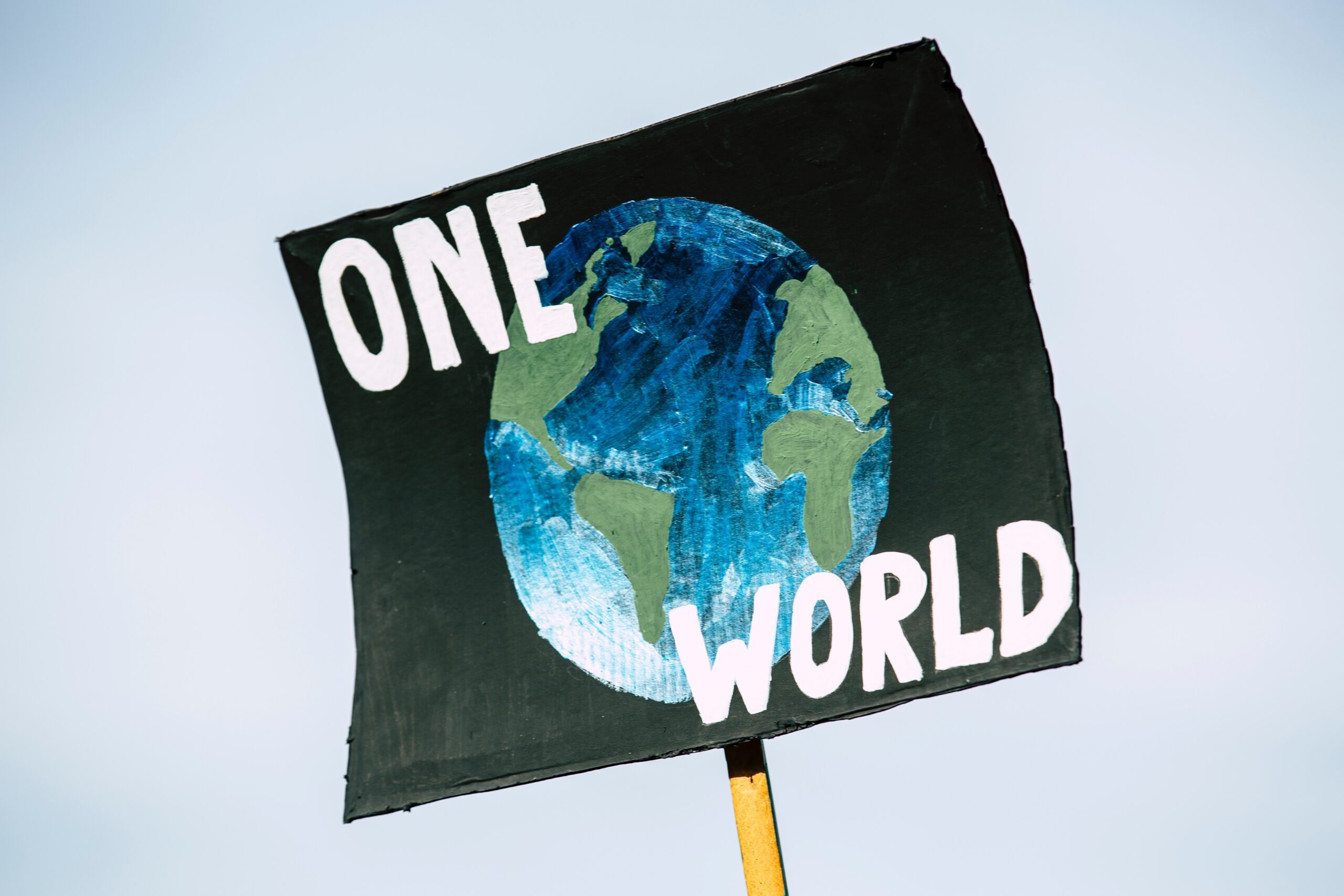When ‘green’ is not really green: the problem with Greenwashing
![]() – By Carolina Proaño Wexman, Head of DEI & Environment, LatAm Intersect PR
– By Carolina Proaño Wexman, Head of DEI & Environment, LatAm Intersect PR
On June 5th we celebrate World Environment Day and, every year, behind the actions and initiatives, there are dozens of promotions and advertisements talking about the importance of taking care of the environment. However, it is very common to find companies that, neither internally, nor in their production processes, nor in the results or services they offer, act in line with this concern.
And there is a term for this – it is called Greenwashing, when a company or organization devotes more time and money to claiming to be “green” through advertising and marketing than to applying business practices that minimize environmental impact.
A classic example is that of an energy company that runs an advertising campaign promoting a “green” technology it is working on, but this green technology represents only a small part of the company’s business, which is otherwise not so eco-friendly, or runs its campaign right after an oil spill or a plant explosion. Or it implements reforestation programs that do not cover the damage it generates at all.
Why do they do this? Because it is trendy, because it is a global trend, and because they can improve their reputation, attract more customers, and generate more sales.
By 2021, American consumers will spend $150 billion on products marketed as sustainable. This figure shows that consumers are willing to pay more for this type of product, and unfortunately, some companies use greenwashing tactics to take advantage of this trend. This can compromise their image and their business.
In 2010, a report by TerraChoice found that 95% of green products were marketed through false green claims. In a more recent study, the European Commission (and other authorities in the region) conducted a broad cross-sectoral sweep of websites to identify cases of greenwashing. Its findings revealed that this is still a frequent problem: in 42% of cases, green claims were exaggerated, false or misleading. In 37% of cases, green claims included vague and general statements, using words like “environmentally friendly” and “sustainable” with little justification.
In 59% of cases, there was no easily accessible evidence to support the green claim and in over 50% of cases, the company could not provide enough information for consumers to assess the accuracy of the green statement made. In the end, companies may have their reputation damaged and have difficulty proving that their speech is in line with their activities.
How to avoid falling into this trap?
- Analyzing if your product and/or actions are truly ecological and, if not, making commitments and planning actions – measurable and sustainable in the long term, both internally and externally – that will lead the organization to improve its environmental practices.
- Being transparent and honest about your practices and environmental impact. And if they are making progress, but still have a long way to go, acknowledge this and communicate your goals for improvement.
- Statements such as “environmentally friendly” or “sustainable” should be specific, measurable, and supported by data or third-party certifications. Avoid vague or misleading statements without any specific information to back them up.
- Consider the entire life cycle of your product or service, from production to disposal. If you are focusing on reducing your carbon footprint, for example, be sure to also address issues such as waste reduction, water use, and biodiversity.
- Seek and obtain third-party certifications. Certifications can provide independent verification of your environmental practices and help build credibility among consumers.
- Use a science-based approach to setting environmental targets and measuring progress. This can help you avoid false or misleading statements and ensure that your actions really make a difference.
The truth is that more and more companies and commercial initiatives are concerned about doing good green marketing. These are the brands that work on their communication strategy by analyzing and evaluating their actions first from within the company and then worrying about telling their communities and customers about them. These are the ones that stand out because their ecological actions are commitments for the whole year.
This is the attitude that today’s audiences and public are looking for in brands and services they consume, and that communicators should encourage in the strategies they develop for their clients.
About Carolina Proaño
Carolina is responsible for creating and coordinating public relations and communication actions related to diversity, equity and inclusion and environment for Latam Intersect PR in the private sector, as well as supporting NGOs and humanitarian and environmental organizations with which we collaborate. As a feminist and activist for sexual and reproductive rights of girls and women and, in general, for human and environmental rights, Carolina constantly specializes in everything related to communication with a gender perspective, Diversity, Equity and Inclusion (DEI) in communications, green marketing, journalism and human rights, non-sexist advertising and other areas where communication can be used as a tool for positive and real change, both inside and outside organizations and in the communities to which they belong.


 – By Carolina Proaño Wexman, Head of DEI & Environment, LatAm Intersect PR
– By Carolina Proaño Wexman, Head of DEI & Environment, LatAm Intersect PR











